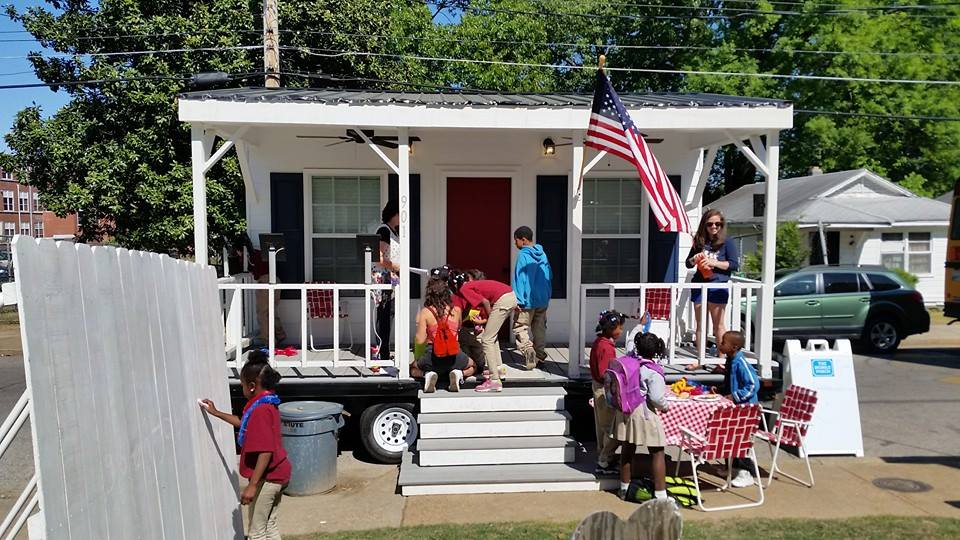
At Livable Memphis, for instance, both organizational and individual fees are based on a sliding scale. John Paul Shaffer shared how his group has evolved in this area since its founding in 2005.
By John Paul Shaffer, Livable Memphis Program Director
Livable Memphis was formed in 2005 as a program of the Community Development (CD) Council of Greater Memphis. The program’s intent was two-fold: to tie livability issues — namely placemaking and transportation access — into the community development industry in Memphis and to provide a public face for groups doing nonprofit development work in neighborhoods around the city.
The CD Council, as a trade organization for community development corporations (CDCs), had an established sliding scale membership based on the type of organization and its annual budget. Voting CDC members pay $50 to $500, and community associations, government agencies, nonprofits, and for-profit entities pay on the same scale to access training, capacity building programs, and other offerings. Organizations can opt for higher-level Supporting or Sustaining membership up to $25,000.
Adopting a similar sliding scale model for individuals was a natural progression for Livable Memphis. Livable Memphis memberships range from $15 for Grassroots / Student Members, to $35-$65 for Individual and Family Members, and scale up to the $500+ level for Sustaining Members. In addition to low-cost membership options, Livable Memphis offers volunteer opportunities throughout the year, allowing individuals to support and engage directly in our work.

Livable Memphis' Mobile Porch
Livable Memphis’ programming, like Pizza with Planners and the Annual Summit for Neighborhood Leaders, is intended to reach everyone in the community, so we’ve struggled with how to provide tangible benefits to members, beyond stickers and such, without excluding non-members. Our events and offerings are free and open to the public, but we’ve explored using member-only tours, chats, and similar functions to add incentives for supporting us monetarily.
For many of our members, involvement in our policy and advocacy successes and having a trusted voice on neighborhood issues is enough, but we’re looking into expanding our membership program, increasing our offerings to individual members, and cross-promoting the work of our CDC and other organizational members with our base of individual supporters.
Learn more about Livable Memphis at www.livablememphis.org.
Read the full State of the Movement report here!

